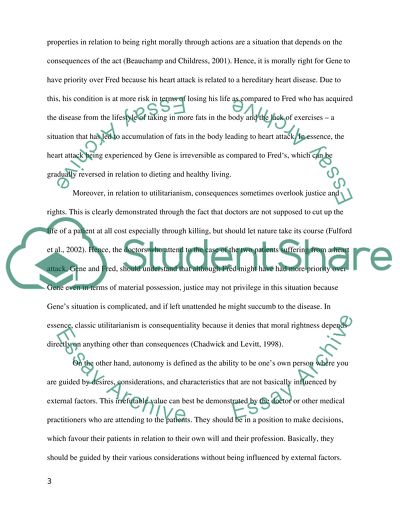Cite this document
(What Principles, Values and Standards Medical Ethics Include Research Paper, n.d.)
What Principles, Values and Standards Medical Ethics Include Research Paper. Retrieved from https://studentshare.org/medical-science/1466111-a-written-analysis-of-the-ethical-dilemma-you-are
What Principles, Values and Standards Medical Ethics Include Research Paper. Retrieved from https://studentshare.org/medical-science/1466111-a-written-analysis-of-the-ethical-dilemma-you-are
(What Principles, Values and Standards Medical Ethics Include Research Paper)
What Principles, Values and Standards Medical Ethics Include Research Paper. https://studentshare.org/medical-science/1466111-a-written-analysis-of-the-ethical-dilemma-you-are.
What Principles, Values and Standards Medical Ethics Include Research Paper. https://studentshare.org/medical-science/1466111-a-written-analysis-of-the-ethical-dilemma-you-are.
“What Principles, Values and Standards Medical Ethics Include Research Paper”, n.d. https://studentshare.org/medical-science/1466111-a-written-analysis-of-the-ethical-dilemma-you-are.


